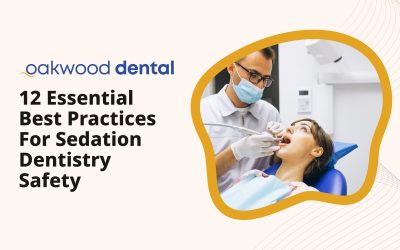
How Children’s Teeth Erupt and Fall Out
Tooth eruption might sound terrifying—until you learn that it only means a child’s teeth are coming in. Even if you already know how children’s teeth erupt and fall out, understanding the process and what to expect at certain ages can help minimize the stress that comes with tooth eruption.
When Do Children’s Teeth Erupt?
The eruption of children’s teeth is a natural process that happens continuously over their lives. Children can start losing their primary teeth, also known as baby teeth, as early as six years old. The process usually begins with the lower primary incisors. Since incisors come in first, they’re often the first to fall out, too. As permanent teeth begin to grow in, primary teeth become loose and fall out over time. This stage is known as the mixed dentition stage, where a child sheds primary teeth, and permanent teeth erupt at the same time. By twelve years old, most children have lost all their primary teeth
Complications with Tooth Eruption
As with any dental process, complications can occur and may require intervention by a dental professional. Many complications are easy to fix with methods like braces, but some need more extensive treatment like oral surgery or extraction, which means pulling the tooth. Common children’s tooth eruption complications include:
- Over-retained teeth—permanent teeth erupt before primary teeth fall out
- Ectopic eruption—the permanent tooth erupts in the wrong place
- Diastema—a space between the two front teeth
- Congenitally missing teeth—a tooth fails to form and therefore doesn’t erupt
- Orthodontic problems—these problems vary from crooked teeth to overbites and can often be solved with braces and other corrective proceed yourself your child shows signs of complications with tooth eruption, contact their dentist and make an appointment. It could be nothing to worry about, but it may need intervention from a dental professional
If your child shows signs of complications with tooth eruption, contact their dentist and make an appointment. It could be nothing to worry about, but it may need intervention from a dental professional.

 718-979-2121
718-979-2121








